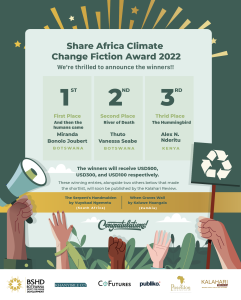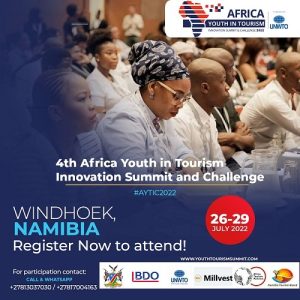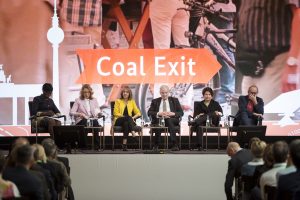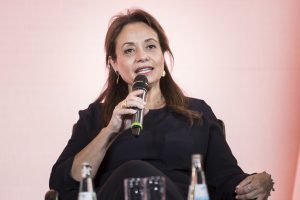SPEECH BY THE MINISTER OF MINERALS ENERGY AND WATER RESOURCES OF BOTSWANA HON ONKOKAME KITSO MOKAILA MP
AT THE OFFICIAL OPENING OF THE
ANNUAL MEETINGS OF SADC MINISTERS RESPONSIBLE FORENERGY AND WATER
GABORONE INTERNATIONAL CONVENTION CENTRE
TUESDAY 21ST JUNE 2016
- Honourable SADC Ministers Responsible forEnergy and Water
- Senior Officials from the SADC Member States
- SADC Secretariat
- Officers from the various SADC Subsidiary Institutions
- Distinguished Guests
A very good morning to you all!
- Honourable Ministers and Distinguished Guests, it once more gives me great pleasure to welcome you to the Republic of Botswana and specifically to this gathering of the SADC Ministers Responsible forEnergy and Water.
- Yesterday we met to deliberate on the challenges that besiege our region with regard to the provision of water and energy.The irony is that at the same time some parts of the region, such aslower Limpopo and Zambezi river basin communities, are highly vulnerable to flood-related disasters.
- It is worth noting that the average regional access to water and sanitation is merely in the order of 60% and 40% respectively, whilst energy indicators reveal that access to electricity in rural areas is below 10% in most Member States and that the overall electricity access for the Region stands at 36% compared to 44% in other regions in Africa such as Economic Community of West African States (ECOWAS). The SADC Region has been facing an electricity deficit since 2007 and it is projected that the required generation capacity and energy gaps will only be met by 2019.
- Further review of statistics shows that the region has adequate water resources to support the demand for SADCMember States;however, limited or inadequatelydeveloped infrastructuredeter efforts to avail this water for meaningful productive use and to support the livelihoods of the region’s people. Where the infrastructure does exist, in both the water and energy sectors,it is normally inadequately maintained or inefficiently operated thus leading to substandard service delivery.
- This annual gathering hence provides an opportunity for us todialogue and review the progress made in the implementation of thedecisions that we made at our meetings last year. We will also be able to take stock of the challenges experiencedin implementing regionalenergy and water programmes as elaborated in the 2000 Revised Protocol on Shared watercoursesand the 2012 SADC Regional InfrastructureDevelopment Master Plan (RIDMP) and how these can be included in the revised RIDMP.The meetings will also accord us the opportunity to make decisions on implementation of this year’s programmes and projects and give guidance on strategic energy and water issues going forward.
- Honourable Ministers, we are intricately linked as a region by our 15 shared major river basins as well as close to 20 transboundaryaquifers shared by two or more countries. We all know that, a significant number of the population (70%) in SADC rely on groundwater as primary source of water. The coordinated and joint management of such resources need notbe overemphasised.Shared water sources and rainwater directly contribute to the regional economy in rain-fed agriculture and in supporting the region’s ecosystems whose goods and services are a crucial component in the region’s economic development.
- Similarly, in the energy sector our interconnected electricity grids provide us with a conduit through which we are able to trade power. However, we continue to have inadequate investments in the electricity subsector resulting in blackouts and load shedding in many of our countries.
- Water and energy are undoubtedly important players in the SADC regional social and economic development. However, the geographic limitations and seasonality in availability of water hinder its optimal use for this purpose; necessitating the need for increased storage, inter-basin transfers and cooperation among countries.
- As indicated earlier on, the SADC energy and water sector plans, as contained in the RIDMP, prioritised joint energy and water infrastructure development across the region, meaningful engagement and collaboration with private sector through Private Partnership (PPs) arrangements coupled with improvement of capacity for SADC Member States, theSADC River Basins, the Southern African Power Pool and the SADC Regional Electricity Regulators Association to deal with the issue of effective waterand energy governance and management. It further proposes interventions to tackle identified challenges confronting the two sectors. The question is, are we making headways?
- Honourable Ministers, we are expected to review progress, approve next steps, provide guidance onimplementation of regional plans,regional strategy, regional water and energy policy and other supporting regional strategies such as the climate change adaptation strategy.
- Colleagues, I trust in your usual diligence in interrogating issues that will be presented to us by our Senior Officials, and on that note, I look forward tofruitful deliberations.
- I thank you all.





